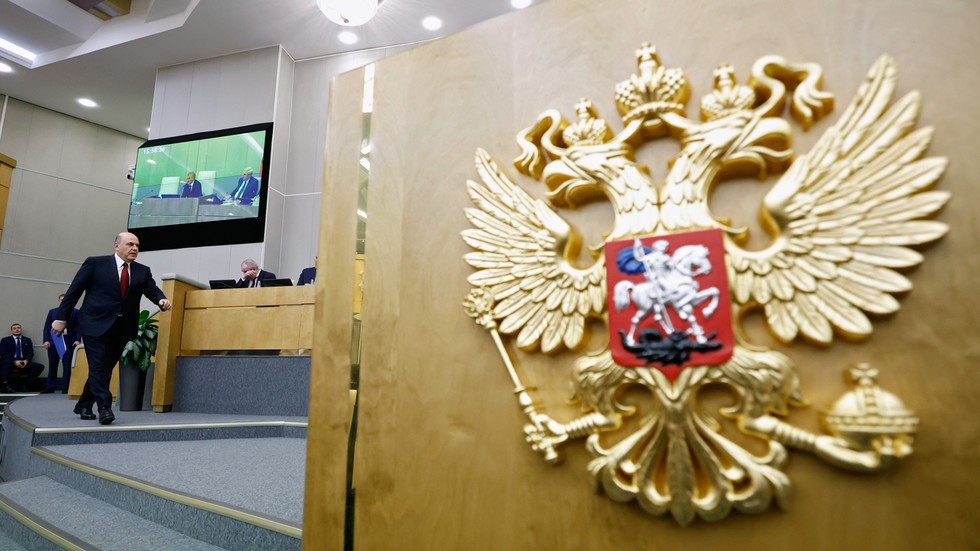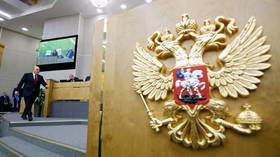
The proposal to increase personal income taxes for workers abroad has been postponed

© Sputnik / Dmitry Astakhov
The Russian government has withdrawn a draft law that would more than double the tax rate for citizens who work outside the country, a day after the document was submitted to the State Duma.
The press service for the Cabinet of Ministers announced on Tuesday that the bill requires “a number of technical clarifications” before it can be sent for approval to the Russian parliament.
On Monday, the government submitted a draft law to the State Duma that would oblige companies to levy a 30% personal income tax on payments to Russians who have lived abroad for more than six months and have lost their tax residency status.
Russia’s current personal income tax rate of 13% is deducted automatically by domestic employers. Russians working abroad who are tax residents must pay the tax independently, according to the Federal Tax Service.
If adopted, the amendments will reportedly come into effect from January 1, 2024, and will apply to employees who use the Russian segment of the internet for work, or use software and equipment located in the country.
READ MORE: Russia poised to increase tax for working abroad
Commenting on the news, the Finance Ministry explained that the amendments “do not affect employees who work under employment contracts,” and that for remote workers on official agreements, “the current tax conditions do not change in any way.” The ministry added that the draft law is still being “finalized” by the government.
Last year, State Duma Speaker Vyacheslav Volodin suggested that the government should “cancel preferences for those who have left the Russian Federation and introduce an increased tax rate for them.”
In 2021, Russia implemented a progressive tax system with a basic rate of 13%, rising to 15% for those earning over 5 million rubles ($61,500) per year. Non-residents pay 13%, 15%, or 30%, depending on their employment status and the source of their income.
For more stories on economy & finance visit RT’s business section




